VACCA emerged from a long and determined Aboriginal Civil Rights movement in Victoria.
VACCA was founded on the belief that Aboriginal people have the right to the care and custody of their own children, so they can grow surrounded by community and culture.
That belief continues throughout our work today. As our founder, Aunty Mollie Dyer once said:
Because of the chain of historical events which has led to the fragmentation of our Aboriginal families of today, it is up to each and every one of us to do all we can together to ensure that this situation is halted and reversed...
-
VACCA was founded by Aunty Mollie Dyer in 1977 as a result of the Victorian Aboriginal community’s concern that many of their children were being removed from their families and placed, unsuccessfully, with non-Aboriginal carers. Many children ended up in the justice system. Indeed, until 1977, a VACCA memo records that 90% of Aboriginal children placed in non-Aboriginal foster care and adoption were ultimately returned to the care of the State and institutionalised.
In early 1976, at Australia’s First National Adoption Conference, Aboriginal people had one of their first platforms to speak about this issue. Aunty Mollie Dyer talked about the cultural and genealogical confusion of the Stolen Generations and the need to show caution before placing Aboriginal children in white foster families. She advocated starting an Aboriginal run agency to support children and families and received unanimous support.
Following the conference, the Victorian Aboriginal Legal Service (VALS) secured government funding for Aunty Mollie to take a study tour to the United States. There, she learned about models to reduce the rate of child removal within Native American communities. Aunty Mollie then returned to Australia to establish VACCA late in 1976.
VACCA started at an office in Fitzroy, Melbourne, with 5.5 staff, a case load of 205 clients, one typewriter and a budget of $40,000. VACCA received its first funding from the Federal Department of Social Security’s Office of Child Care in January 1978.
As it grew, VACCA moved into larger offices in Fitzroy amidst the heart of Aboriginal activism and community services, with neighbors including the Aborigines Advancement League (AAL) and Victorian Aboriginal Health Service (VAHS). There was a strong sense of belonging, community and determination to achieve a better future. VACCA soon became a source of inspiration and support for other states and territories in establishing similar agencies of their own.
-
In 1977, 4.5% of Victorian Aboriginal children were in out-of-home care. Within three years of VACCA operating, this number had nearly halved.
VACCA started the ‘Ghubbariginals’, a support group for non-Aboriginal families who had adopted or fostered Aboriginal children, and ran camps at Lake Tyers for the families.
Melbourne’s First Aboriginal Child Survival Seminar was held in April 1979. Following this, Aunty Mollie, Maxine Robbins, Stephen Unger and Graham Atkinson undertook a national tour to campaign for a legislated national network of Aboriginal childcare agencies. The Secretariat of National Aboriginal and Islander Child Care (SNAICC) was born in 1981.
VACCA’s leadership and advocacy has resulted in significant policy and legislation reform. In 1979, the Victorian Social Welfare Department adopted the principle that the removal of an Aboriginal child from their family or community environment should be a last resort.
The Aboriginal Child Placement Principle was then incorporated into the Victorian Adoption Act of 1984 and the Children and Young Persons Act 1989, following the Carney Review. VACCA secured the state government’s agreement that it be consulted in all welfare-related decisions affecting Aboriginal children.
VACCA was a major contributor to the Victorian Children Youth and Families Act (2005). Section 12 recognises the right of Aboriginal people to self-determination and section 18 allows for ‘Aboriginal Guardianship’. In other words, for Aboriginal agencies to make decisions about the protection of Aboriginal children.
VACCA has continued to foster relationships and learn from international examples in Aboriginal child and family welfare, particularly from the Indigenous peoples of Canada and the United States.
-
Yorta Yorta and Dja Dja Wurrung woman Aunty Muriel Bamblett became the CEO of VACCA in 1999 and continues in the position today. Under Aunty Muriel’s leadership VACCA has grown immensely, as has its influence


.jpg)